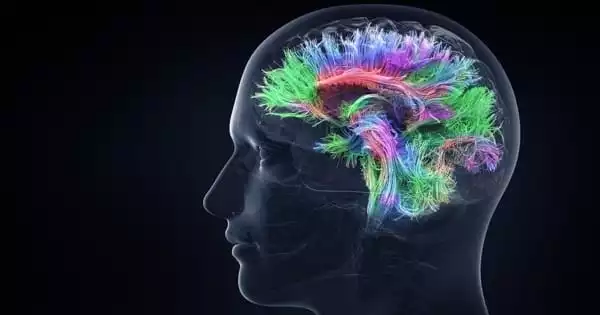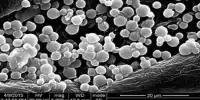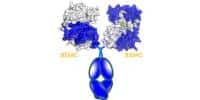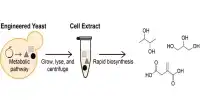Toxic nodular goiter is characterized by an enlarged thyroid gland containing a small rounded mass or masses known as nodules that produce an excessive amount of thyroid hormone. It is caused by a long-standing simple goiter and is most common in the elderly. The symptoms are similar to those of hyperthyroidism, but the protruding eyeballs seen in Graves’ disease are not present. Being a woman over the age of 60 is a risk factor. This condition is never seen in children.
Toxic goiter affects the brain more than previously thought, according to a study from the University of Gothenburg, and involves volume changes in the brain’s central regions. These findings are being hailed as a significant step forward for a vulnerable group of patients.
Toxic goiter, also known as hyperthyroidism, is a fairly common condition. Its prevalence increases with age, and the majority of those affected are women. Hyperthyroidism is characterized by an excess of hormone production in the thyroid gland, which accelerates metabolism and many processes. Sweating, palpitations, and fatigue are among the most common symptoms. Thyroid problems have long been linked to both physical and mental symptoms. Previously, these symptoms were thought to be caused solely by low hormone levels.
Every participant underwent a thorough investigation of mental symptoms as well as MRI of the brain, with a particular focus on central parts of the brain, such as the hippocampus and amygdala – areas we know are frequently implicated in altered cognitive function in other pathological conditions.
Mats Holmberg
Researchers from the University of Gothenburg and Sahlgrenska University Hospital, however, have discovered physiological brain changes in hyperthyroidism. The current study included 62 women who had recently been diagnosed with Graves’ disease, the most common type of hyperthyroidism. The women were subjected to a variety of tests, and after treatment, 48 of them were monitored for a period of 15 months. The findings were compared to those of a group of people with normal thyroid function who were tested at the same intervals.
Mental symptoms and MRI examination
“Every participant underwent a thorough investigation of mental symptoms as well as magnetic resonance imaging (MRI) of the brain, with a particular focus on central parts of the brain, such as the hippocampus and amygdala – areas we know are frequently implicated in altered cognitive function in other pathological conditions,” says Mats Holmberg, Chief Physician and researcher in endocrinology and the study’s lead author.
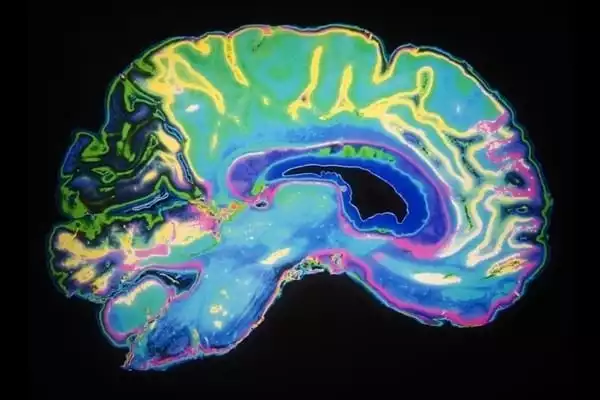
The researchers show in their study, published in The Journal of Clinical Endocrinology & Metabolism, that when hormone levels are high, central parts of the brain shrink, and that when hormone levels normalize and symptoms subside, these parts largely resume their normal size. Helena Filipsson Nyström, Associate Professor of Endocrinology at Sahlgrenska Academy, University of Gothenburg, Chief Physician at Sahlgrenska University Hospital, and leader of CogThy, the study on which the current publication is based.
“The fact that we can now demonstrate that the brain is genuinely affected is extremely important for the future. Patients in our group have testified for decades that they do not believe they have recovered, and we hope that our study will provide additional insights into what happens in the brain” According to Filipsson Nyström.
Because toxic nodular goiter is primarily a disease of the elderly, the outcome of this condition may be influenced by other chronic health problems. The elderly may be less tolerant of the effects of hyperthyroidism on the heart. Cardiac (heart-related) complications include an irregular heartbeat, congestive heart failure, and atrial fibrillation (a rapid and irregular heart rhythm). Another side effect of hyperthyroidism is bone loss, which can lead to osteoporosis.
More publications coming up
“The fact that we can say Graves’ disease affects the brain is a significant step forward. First and foremost, it is critical for patients that research in this area is underway because it has been neglected for so long. Second, it leads to new research into what happens in the brain during toxic goiter “According to Filipsson Nyström. Mats Holmberg, Ph.D., of the University of Gothenburg, who also works at Karolinska Institutet and Karolinska University Hospital, agrees that many questions remain.
“These are the first results from our study, and they will be followed by several publications containing additional data from the magnetic camera part of the study, a survey of the symptoms shown, and functional investigation of the brain,” Holmberg says.
